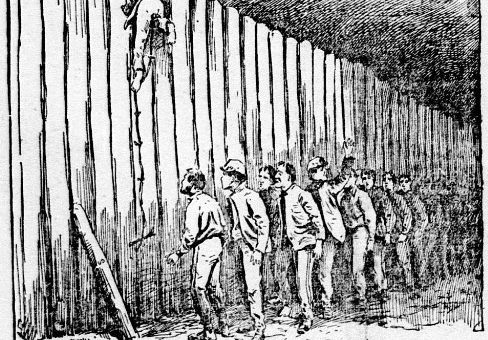
During the early part of the Civil War, Union and Confederate soldiers were exchanged, but by 1863, the exchanges dropped to a mere trickle and Union prisoners began to fill the city of Richmond, Virginia. Something needed to be done. With so many Union soldiers in Confederate territory, there was a higher risk of losing the city to the Union.
Eyes turned to Andersonville, Georgia. It was on the train lines and it was in a remote location. In other words, it was the perfect place to store the thousands of Union soldiers piling up in the Confederate South.

In January, 1864, construction began on the prison camp. Less than a month later, the first 10,000 prisoners were on route to it. The prison was no where near ready to safely house prisoners and the staff had been unable to secure enough food and resources to feed and care for the incoming men.
Camp Sumter, also known as the Andersonville Prison, is believed to have been the worst prison camp any soldier could be sent to during the U.S. Civil War because the prison was never finished and properly prepared for the inhabitants.
1. Immediate Food Shortage
The Union prisoners were packed onto trains. They were given small rations of uncooked food and an insufficient supply of cooking utensils. There was barely enough to keep the men alive during the six day train ride, but things would only get worse when they arrived at the unfinished camp.
The people of Georgia did not want a prison camp in their state, and many refused to sell or provide food supplies to Camp Sumter. Georgia’s governor, Joseph Brown, also felt no need to provide for the prisoners and flat out refused to assist the camp.
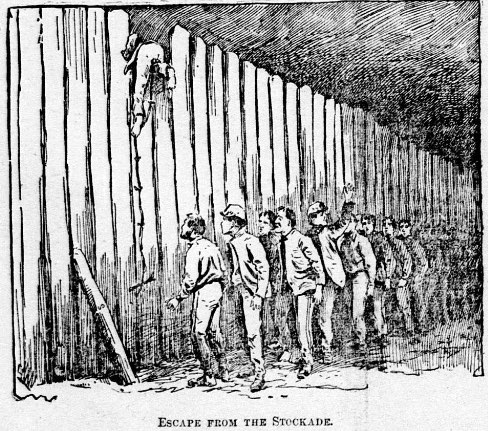
By the summer of 1864, it was being reported that theft, burglary, and murder were common occurrences within the camp. The men were starving to death and were desperate. Death from starvation included diarrhea, dysentery, and scurvy.
Those who were able to capture birds or rodents within the camp, ate them raw. Prisoners who had to rely on prison rations were given “bread made from unbolted corn meal, half ground, badly baked and without salt, with about two ounces of fat, rancid and rusty bacon, fit only for the soap factory.” It was not enough to keep thousands of men from dying of malnutrition and the diseases of hunger.
In December, 1864, it was reported that 11,000 men had died at the prison due to starvation and exposure. [1, 2]
2. One Water Source
A single stream crossed the camp and it was the only water source available to the men. It was used for drinking water and to flush away the raw sewage created by thousands of prisoners within the camp. Unfortunately, upstream and outside of the camp was the guard camp and the prison’s bakery that also used the stream for drinking water and flushing waste. The polluted water would then flow into the camp for the prisoners to drink.
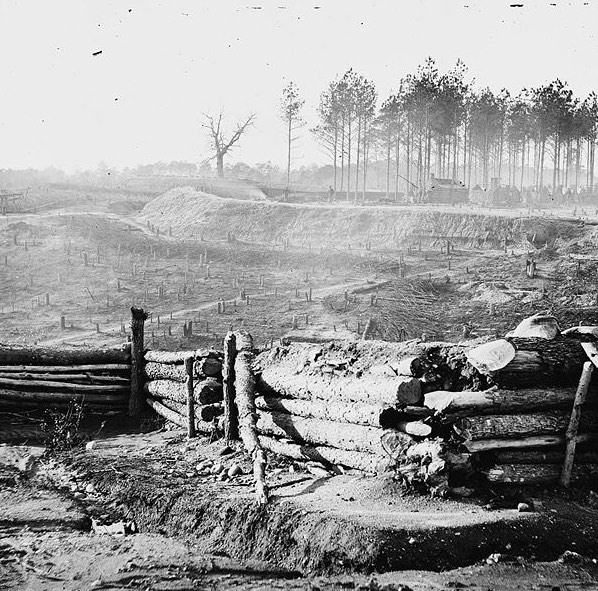
According to one newspaper report from 1864:
“The water used by those unhappy men is truly poisonous, being taken from a muddy, oozy stream that flows for half a mile through impurities of the filthiest and most noxious character before it enters the stockade, or bull pen, in which our brave fellows are huddled as thick as herrings packed in a barrel.” [3, 4]
3. No Shelter
When the first batch of prisoners arrived in Camp Sumter, they were faced with insufficient shelter. The men who were fortunate enough to have travelled with a blanket, were able to build makeshift tents over a damp spot on the ground. This became their only shelter from the elements. When it rained, the makeshift tents leaked and there was no protection from the chill.
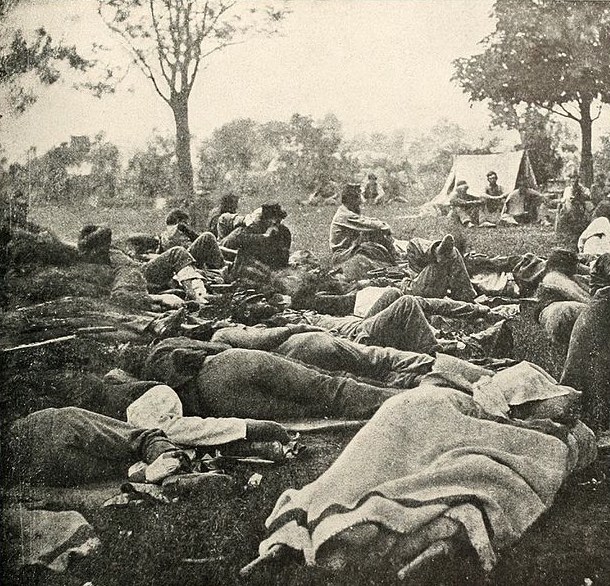
Being able to secure space in a bunk was little better than sleeping outside. In many of these bunks, there were no beds. The men had to sleep on the damp ground and were packed up against each other.
4. Tattered Rags
The men arrived in their war torn clothing, and that is all the clothing they had during their stay. Many men did not even have boots or shoes for their feet and were unprotected during the winter months.
In the fall of 1864, it was reported that:
“The clothing of the men was miserable in the extreme. Very few had shoes of any kind, not two thousand had coats and pants, and those were late comers. More than one-half were indecently exposed, and many were naked.” [5]
5. Forced to Pay for Mail
Mail was sparse during the Civil War, especially mail that came from the North. First, there was a postal tax for mail arriving from the North. Then, if the prisoners at the camp wanted to receive the mail from their families, they had to pay for it.
Most of the men had no money to pay for their mail and much of it was returned as undeliverable.
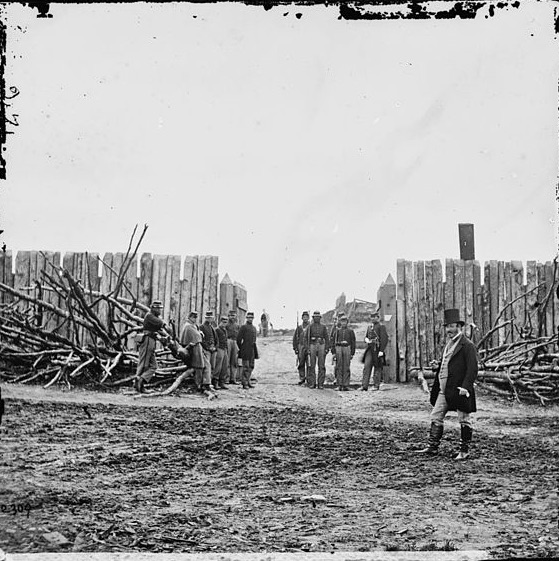
6. The Wounded and Sick
If you were wounded or sick within the prison, your chances for survival were slim to none. The hospital grounds, consisting of tents, were overcrowded with dying men, and it was reported that 20 to 35 men were dying each day.
Whether or not a prisoner received treatment depended on his position in the war. In some cases, the doctor would refuse to provide treatment.
“A supposed private, wounded in the thigh, was under treatment in the hospital, when it was discovered that he was a major in a colored regiment. The assistant surgeon, under whose immediate charge he was, proceeded at once, not only to remove him, but to kick him out, and he was returned to the stockade to shift for himself as well as he could.” [6]
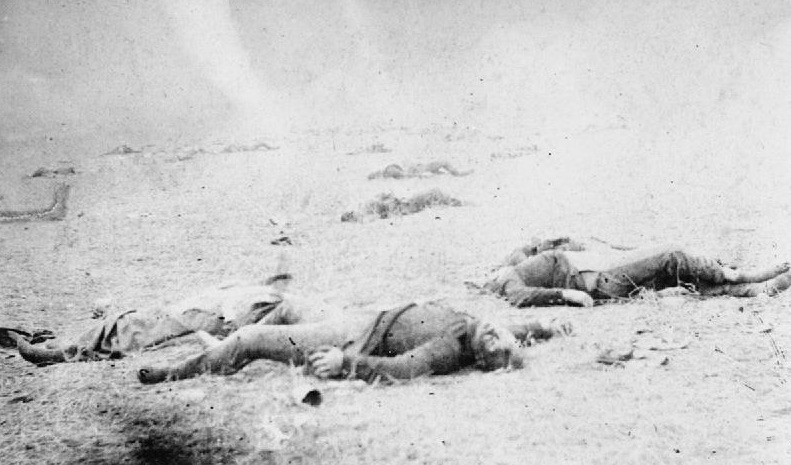
7. Overcrowding
It goes without saying that Camp Sumter was terribly overcrowded. One newspaper reported that:
“Those Union prisoners recently released from Camp Sumter, at Andersonville, Ga., have made affidavit of the condition of the 35,000 prisoners confined there. The horrors of their imprisonment, plainly and unaffectedly narrated, have no parallel outside of Taeping or the Malay annals. Twenty-five acres of human beings – so closely packed that locomotion is made obsolete, compelled to drink from sewers, and to eat raw meat like cannibals – are dwelling under vigilant espionage, hopeless, helpless, and Godless. Some are lunatic, and others have become desperately wicked; all are living, loathing, naked, starved fellowmen.” [7]
8. Neglected Dead
A letter written by an assistant surgeon in August, 1864, gives us a glimpse of how the dead were dealt with at the prison camp:
“On visiting the dead-house, I find great negligence in interring the dead, some of the bodies having lain as many as four days.” [8]

